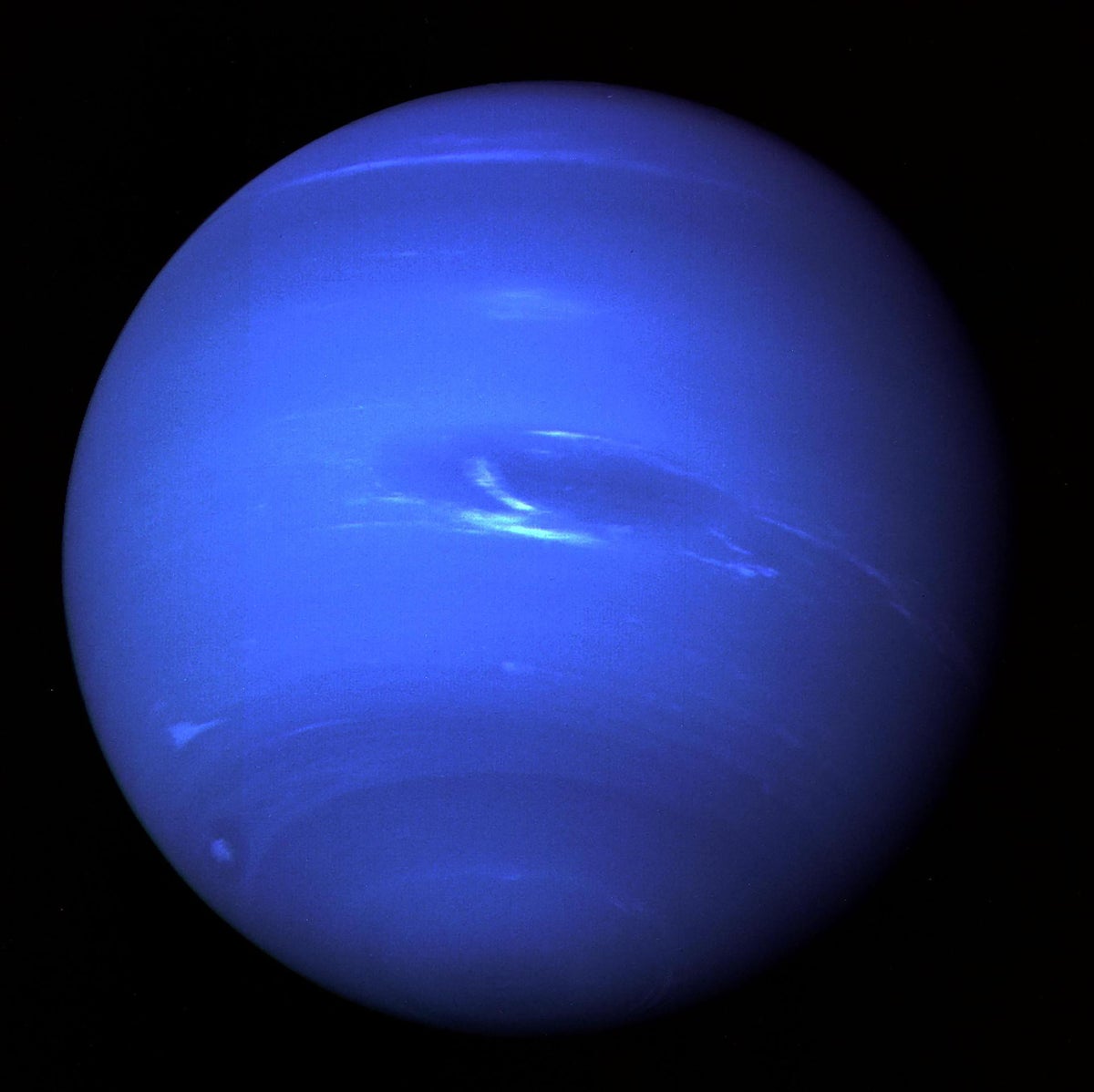
"In 1845, our understanding of the cosmos was primitive, lacking knowledge of stars' birth, supernovae, and the very existence of planets beyond Saturn."
"The discovery of Uranus in 1781 marked a turning point in astronomy, revealing the complexity of the solar system and prompting calculations that predicted the existence of another planet."
In 1845, astronomy was in its infancy, with profound gaps in knowledge about the universe, including the existence of other galaxies and stars' life cycles. The discovery of Uranus in 1781 opened new avenues of exploration, leading to questions about planetary orbits and behavior. Astronomers soon realized Uranus's orbit was inconsistent with predictions, indicating that gravitational effects from another planet might be at play. This insight triggered further observations, ultimately culminating in the identification of Neptune. Our understanding continues to evolve as new discoveries unfold.
Read at www.scientificamerican.com
Unable to calculate read time
Collection
[
|
...
]